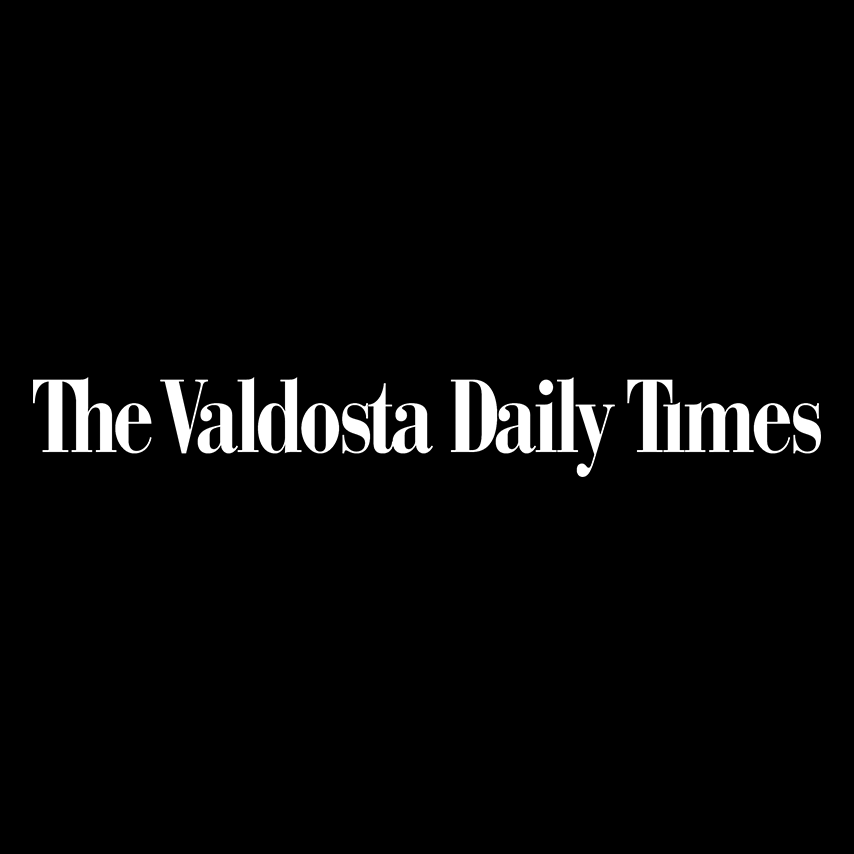Citizens, council talk tax reform
Published 11:45 pm Wednesday, September 1, 2010

- Wesley Langdale addresses members of the Special Council on Tax Reform and Fairness for Georgians during the council's visit to Valdosta Wednesday.
The Special Council on Tax Reform and Fairness for Georgians visited Wiregrass Georgia Technical College Wednesday to hear citizens’ ideas and concerns for improving Georgia’s tax code.
Trending
With Georgia’s biggest taxes being state, sales and corporate, the state needs to review its collection method to be more “efficient” and “effective,” A.D. Frazier, council chairman, said. Georgia should be concerned with becoming “growth friendly” and supportive of businesses, he said. The 11-member council is visiting cities throughout the state to obtain input on how best to handle Georgia’s taxation, at both the state and local levels. For the next four months, they will be accumulating information.
“We’re here to listen to you because we care what you think,” Frazier said. “We’re here because we believe it’s a sacred trust between us and you and the people who put us here.”
The council hosts the meetings to listen to and learn from the public, not to develop their opinions on how Georgia’s taxation should change.
The council’s only agenda is “to come up with the best system of taxation in the state of Georgia,” Roy Fickling, council member, said. “(An) important part of it (this process) is hearing (from) people in the state.” So far, the meetings have received high attendance and community input.
“If anything, it is not an all-Atlanta effort here,” Frazier said. “More input’s always better. When we come out, we’re going to be affecting everyone out of Georgia.”
The main issues discussed at the meeting were about sales tax and tax exemptions. Many people also discussed forestry and agricultural taxation, seeking improvements to benefit businesses throughout the state.
Trending
Sheila Freeman, Miller County Board of Education, wants the council to consider allowing rural counties to receive three cents of every dollar to generate sales tax that benefits those areas. Having to drive to surrounding areas to shop, a portion of sales tax should be given back to the county where the person lives, Freeman said.
“I think it would be much more equitable for those of us who live in rural communities (to share the sales tax),” she said.
Rather than raising property taxes to fund education, attendee Jane Hearn said the state could have a general sales tax. “(We) need another way to fund education,” she said. “(With sales tax) everyone contributes.”
Richard Raines’ idea is to initiate a fair tax. Rather than penalizing some, everyone who “contributes to the state’s sales tax, contributes to the revenue of the state,” he said. “We wouldn’t lose income … Everybody would be paying.”
Frazier proposed the idea of initiating a service tax. While Raines is not against the tax, he feels that unless every service is taxed, it would be unfair to others.
Frank Richards, America’s Second Harvest of South Georgia executive director, would like the organization to again receive sales tax exemptions in helping the community with its food-bank services.
With Second Harvest having to pay roughly $30,000 in sales taxes last year, about 36,000 meals could not go toward children, Richards said.
Tary Brown, Albany Area Primary Healthcare CEO, receives federal funding but currently does not receive state funding. Sales tax exemptions would benefit his business and the community, Brown said.
Dennis Josey suggested that the council review all exemptions closely and that “maybe do away with income tax in the state of Georgia,” he said.
Larry Hanson, Valdosta city manager, feels the state should eliminate those receiving exemptions failing to meet certain standards and require a fiscal note for exemptions,” he said.
While many businesses do not pay the required sales taxes, he said, others are being punished and the state should enforce business compliance. Other citizens were concerned with energy taxes.
David Carmon, Packaging Corporation of America, asked the council to consider a continuance of exemptions and the elimination of the tax on energy.
“We need to make sure we’re not discouraging future expansion of the state,” he said. Valdostans should be proud of their participation with the process of reviewing Georgia’s tax code.
“(People) had a chance to throw in on issues and they felt strongly about it,” Frazier said. “They are bright, they know their business (and) they’re experienced in what they do.” However, the process of improving Georgia’s tax code will not happen overnight.
“We’ve got a lot more to find out (these next few months),” Frazier said. “We’re not going to unravel (the issues) in 60 days … We’ve got to think broadly about (Georgia’s) options.”
In January 2011, the council will submit its reports to the General Assembly. Once suggestions are determined for reforming Georgia’s tax code, the House of Representatives will vote on whether to pass the items.
“We promise you that your thoughts and ideas will be properly reported to the representatives,” Frazier said.
For more information or to submit comments visit the Special Council on Tax Reform and Fairness for Georgians website, http://fiscalresearch.gsu.edu/taxcouncil/.





